An amendment that would prevent VSG’s funding from being spent on the Boycott, Divestment and Sanctions movement’s consumer and organic boycott targets was scheduled to go to a vote on March 25 after a petition in its favor gained 600 student signatures. However, during spring break, university administrators removed the proposition from the ballot due to alleged legal complications, sparking a sit-in at Vanderbilt Students for Justice in Palestine’s “Apartheid Wall” exhibit.
If passed, the VSG amendment specifically would prohibit VSG funding from being used to purchase goods or services from companies that the international BDS movement has identified as “complicit” in Israel’s post-1967 occupation of Palestinian territory and violations of Palestinian rights. The amendment would not interfere with the amount of funding distributed to pro-Israel groups on campus but would prevent these organizations’ spending on BDS movement target companies.
Tennessee Senate Bill 1993 prohibits state contracts with companies and nonprofits who engage in boycotts of Israel. This law excludes contracts with total values under $250,000. VSG is a student organization with a budget of $200,000 derived solely from university funds. Chancellor Daniel Diermeier confirmed in a March 19 interview with The Hustler that the university holds contracts with the state of Tennessee.
Launched on Feb. 9, the Vanderbilt Divest Coalition, a conglomerate representing 18 student organizations and over 1,000 students, took issue with the applicability of this legislation to VSG. In a March 15 Instagram post, VDC said that though the university holds state contracts, VSG does not.
“Our referendum, let us be clear, is fully legal under both federal and state law. What is illegal on this campus is how administration is treating students,” VDC organizer Ezri Tyler, a sophomore, said at VDC’s March 20 protest. “We’re going to keep putting pressure on admin until they reinstate the referendum and let them know that our community does not stand for this.”
In a March 21 statement to The Hustler, a university representative emphasized that registered student organizations that receive university funds are held to the same laws as the university.
“Under federal and state law, boycotts by United States organizations of countries friendly to the U.S. can result in fines, penalties or disbarment from contractor status,” the university representative said in the statement to The Hustler. “Any action by the VSG, or any other registered student organization, to preclude expenditures of university funds on the BDS Movement’s consumer and organic boycott targets could run counter to these laws, expose the university to potential fines and other risks and therefore cannot be the subject of an amendment to the VSG constitution or statutes.”
VSG President Sam Sliman, a senior, said that despite the legal concerns presented by Student Affairs, all involved parties are exploring ways to proceed with the referendum.
“Both VDC and VSG, separately, are pushing back against this [vote cancellation] and exploring all of the options we have to enable students to exercise their voices without having to depend on the whims of administration,” Sliman told The Hustler.
Obstacles to on-campus organizing after vote cancellation
In response to being denied the opportunity to vote on the BDS referendum, VDC member organizations Hidden Dores, Jewish Voice for Peace, Vanderbilt Lambda Association and Students for Justice in Palestine staged a sit-in protest at SJP’s “Apartheid Wall” exhibit in Rand Yard beginning on March 18. VDC posted on Instagram that the goal of these efforts is to bring attention to Israel’s alleged occupation of Palestine and push back on what it believes is the university suppressing free speech.
“The wall demarcates the occupiers’ fabricated and oppressive borders — borders of greed and injustice which are used each and every day to divide Palestinian communities and restrict Palestinian movement,” an SJP representative being kept anonymous for safety concerns said at the coalition’s March 20 protest. “But today, this wall represents something else as well: the continued attempts by Vanderbilt University at silencing Palestinian voices.”
According to a March 18 SJP Instagram post, Vanderbilt approved the wall exhibit a few weeks in advance but walked back on this approval during the week of March 18 due to planned groundwork on Rand Yard. In an email to The Hustler, the university confirmed that SJP sought approval to use Rand Yard through its Facilities Review Committee and Student Centers, though the location itself “is not a reservable space.” The university representative stated that the university suggested SJP move to Alumni Lawn or Library Lawn, both seen as “nearby and prominent locations” by the university.
“We learned on Monday morning [March 18] that, due to some confusion regarding the timing of notifications to SJP, the group erected the display on Rand Yard,” the university told The Hustler. “Ultimately, we have worked to allow them to continue on Rand Yard for the duration of their originally requested time period.”
This approval for the exhibit to stay on Rand Yard came after over 100 students formed a human chain around the exhibit on March 18, according to a joint VDC, SJP, JVP and Vanderbilt Lambda Association Instagram post.
“Although us keeping the wall is a win, it is merely the beginning. We, as Vanderbilt students, have a duty to speak up against the atrocities that Israel and the U.S. are committing against Palestine, the atrocities that our university is complicit in,” the SJP member said at the protest.
Debate over First Amendment rights
Palestine Legal, a national advocacy group working to protect American individuals and groups who advocate for Palestinian freedom, is representing VDC in its fight to bring a BDS vote to the VSG ballot. The group sent a cease and desist letter on March 18 to Vice Chancellor, General Counsel and University Secretary Ruby Shellaway to end Vanderbilt’s prevention of the VSG BDS vote. Palestine Legal and Shellaway did not respond to The Hustler’s request for comment.
“We write on behalf of Vanderbilt Divest Coalition to remind you and your client [Vanderbilt] of your obligation to uphold students’ rights to freely debate university policy on divestment from human rights violation, via the ballot referendum process or in any other forum,” Palestine Legal’s letter, which was posted on VDC’s Instagram, reads.
In his March 19 interview with The Hustler, Diermeier claimed that Vanderbilt’s cancellation of the BDS referendum has “absolutely nothing” to do with the First Amendment.
“[Constitutional rights] are not legally binding for us [as a private university], so it’s our decision about how and in what way we navigate that,” Diermeier said. “We have always been committed to free speech and free expression as guided by the First Amendment. But strictly speaking, it doesn’t apply.”
He also stated that state and federal laws prohibit the university’s participation in “boycotts against friendly countries,” explaining that endorsing BDS — if the amendment were to pass — would effectively end the university’s contracts with the state and violate its commitment to institutional neutrality.
Carrie Russell, assistant dean of undergraduate education in the College of Arts and Science, pre-law advisor and political science professor, confirmed to The Hustler that students who attend private universities are not afforded the same range of constitutional rights as those at public institutions. She encouraged students to pursue alternative routes of expressing their political opinions.
“It’s really important for the future voices of our country to continue to express their opinions about political issues and to explore the avenues and ways that you can do that outside of Vanderbilt,” Russell said.
Speaking on the constitutionality of anti-BDS legislation more broadly, Russell said the current status of federal court decision-making is “split,” meaning that the U.S. lacks a blanket decision that applies uniformly to all states. This situation will persist until a case is taken up by the U.S. Supreme Court.
“Unless and until somebody were to appeal and file some type of court action in the state of Tennessee that alleged that this type of legislation affected their rights specifically to engage in political speech, the law in Tennessee will stand,” Russell said.
Jewish community reactions to BDS amendment
Vanderbilt’s Tau chapter of Alpha Epsilon Pi, ‘Dores for Israel, Vanderbilt Chabad, Vanderbilt Hillel and Vanderbilt’s chapter of Students Supporting Israel released a joint statement on March 18 condemning students’ push for the BDS referendum, which they allege “seeks to delegitimize, demonize and hold Israel to double standards.” The organizations further asserted that the BDS movement normalizes discrimination and disinformation, as well as “socially ostraciz[es] Jews and Zionists from the rest of campus.”
“In no form is BDS a resolution for peace. It is an assault on Jews who support Israel’s right to exist. Though the BDS movement stands on the pillars of free speech and free protest, it continually undermines those values in their entirety,” the statement reads. “[The referendum] would also scrutinize student organizations who engage in partnerships with organizations who spend funds on the BDS movement’s targets. This endangers other student organizations who seek to collaborate with Jewish and pro-Israel students on campus.”
At VDC’s March 20 protest, a JVP representative being kept anonymous for safety reasons spoke about their support for the BDS amendment and pointed out what they perceive as university hypocrisy regarding freedom of expression on campus.
“Vanderbilt claims to promote democracy. They start the Center for the Study of Democratic Institutions and the Vanderbilt Project on Unity and American Democracy. They invite war criminals like Liz Cheney to speak to campus about protecting democracy,” the student said. “And then, when students like ourselves use our voices to speak out against injustice, they try to silence us.”

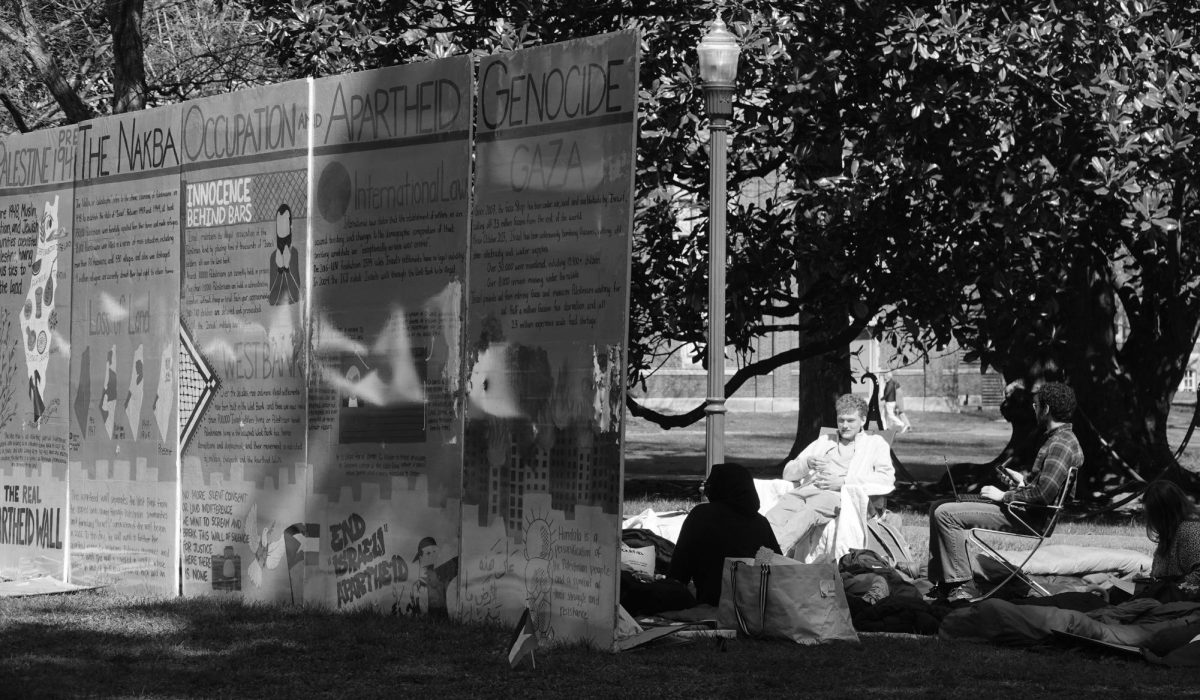

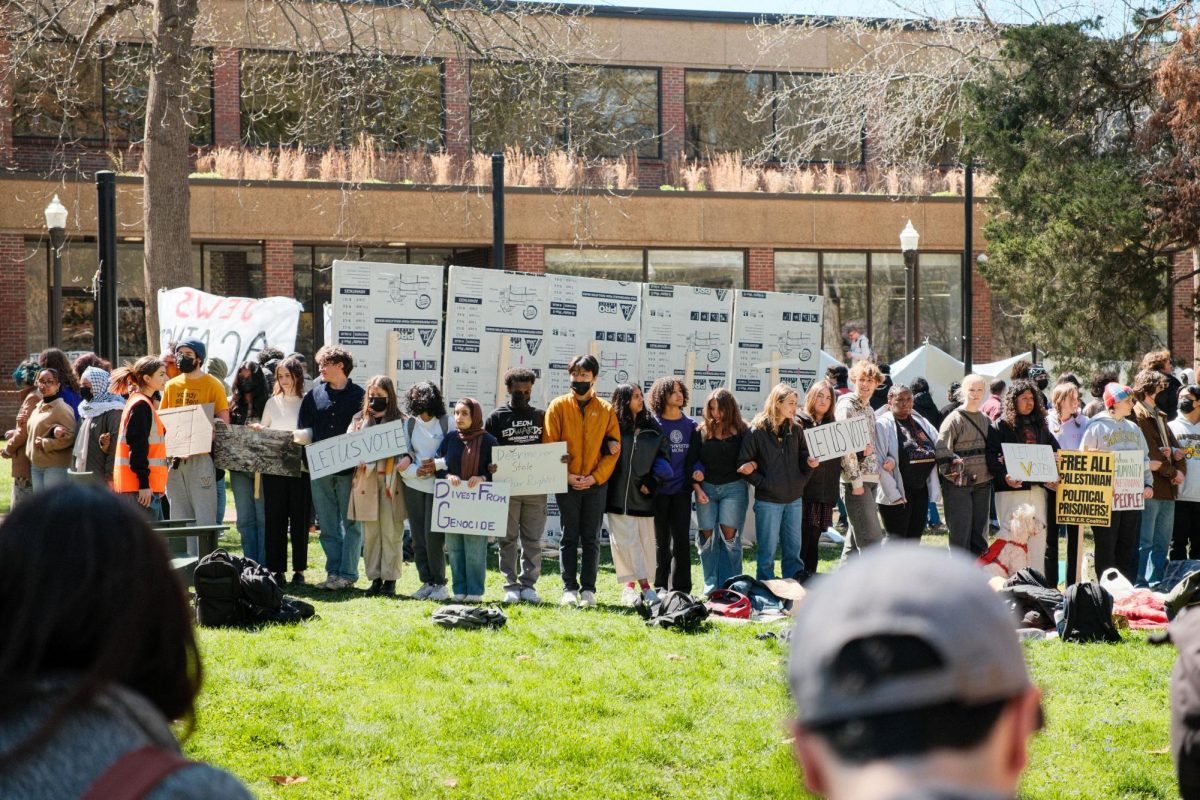

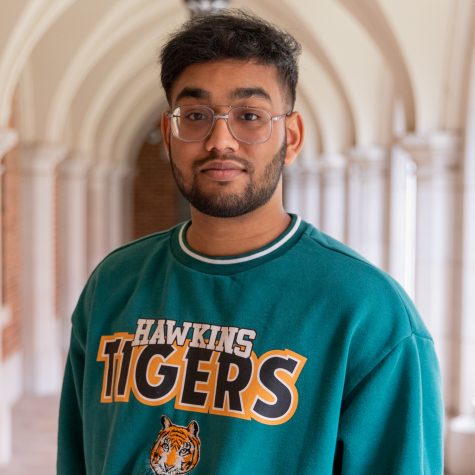
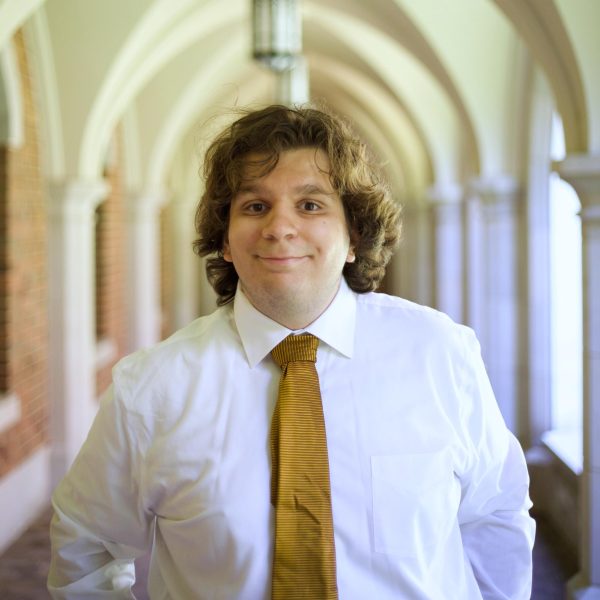
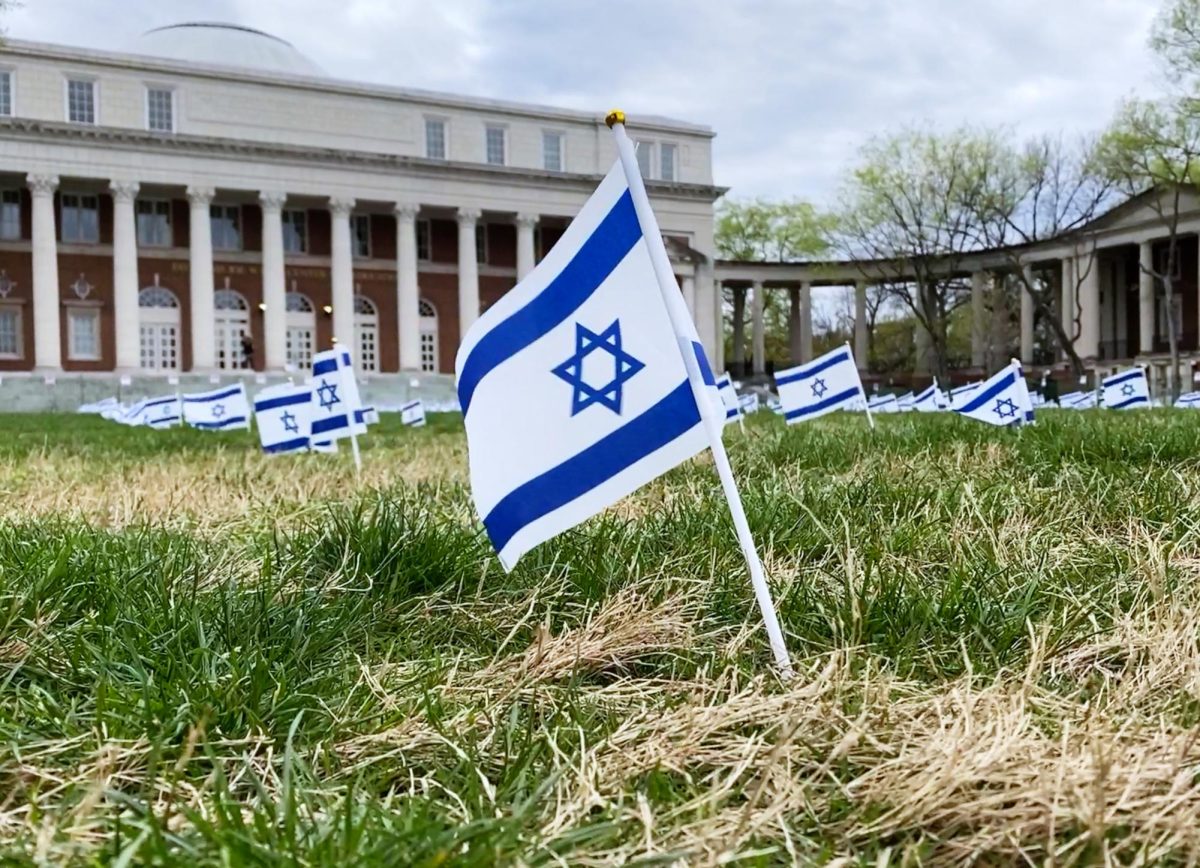
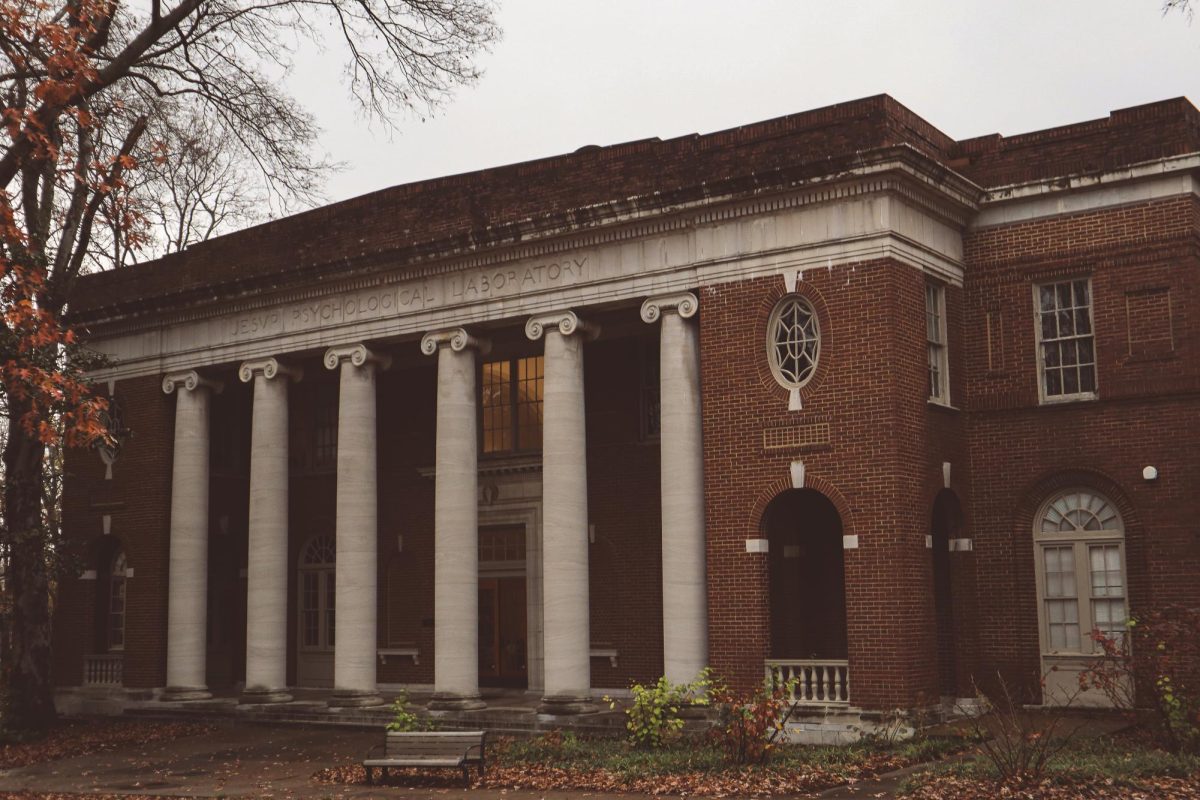
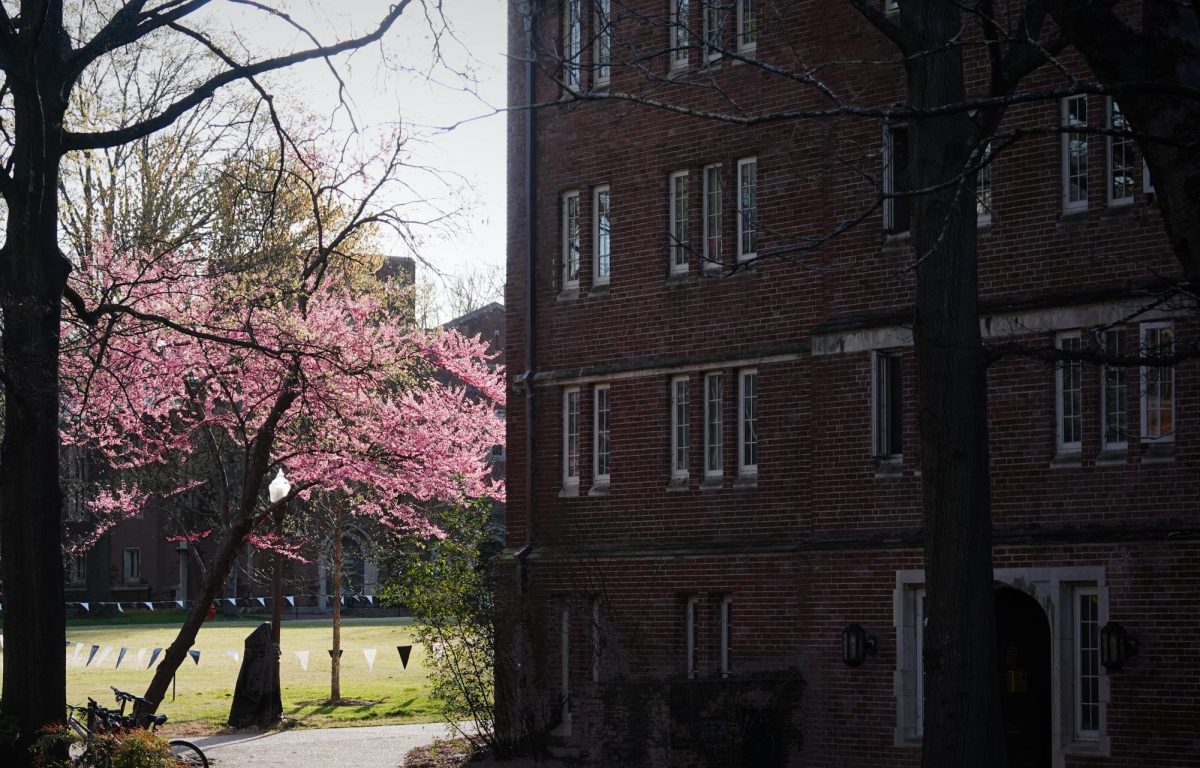
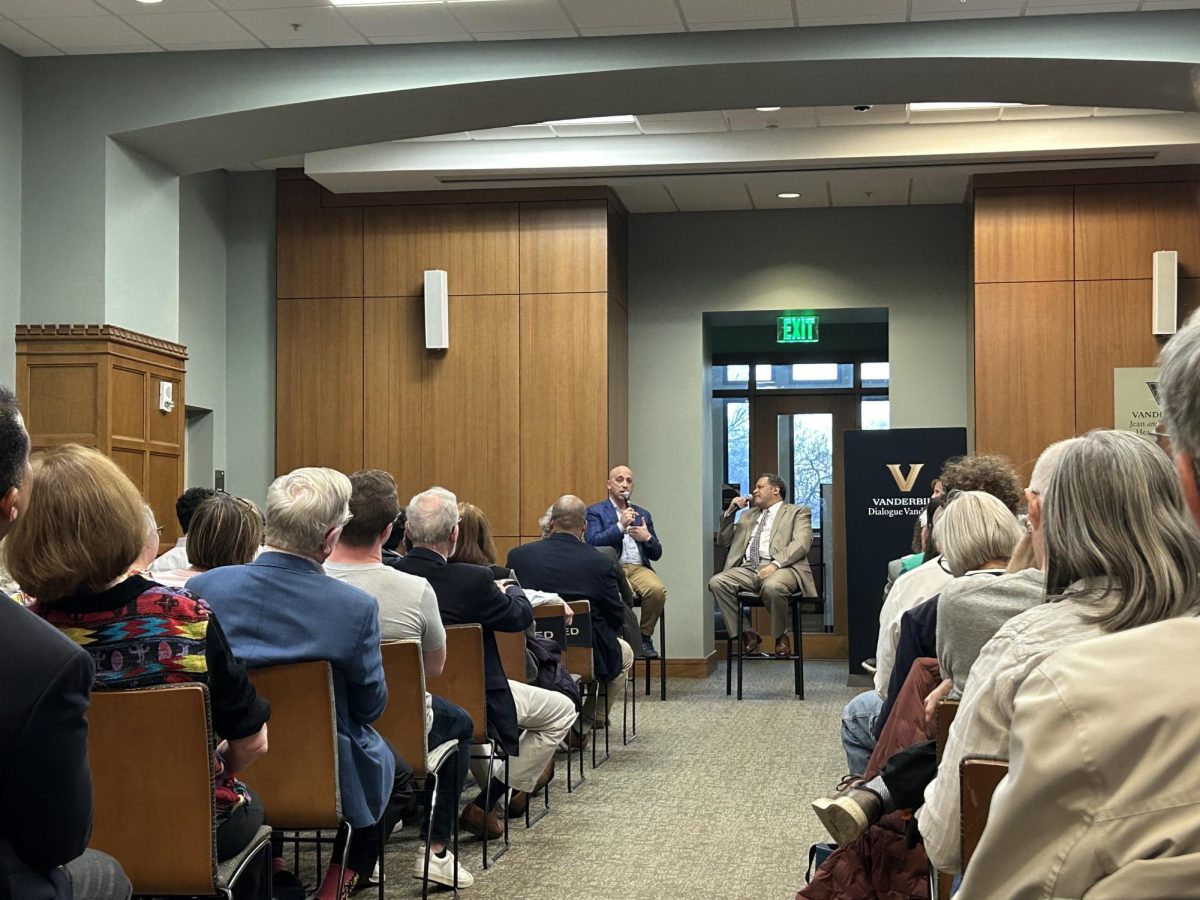
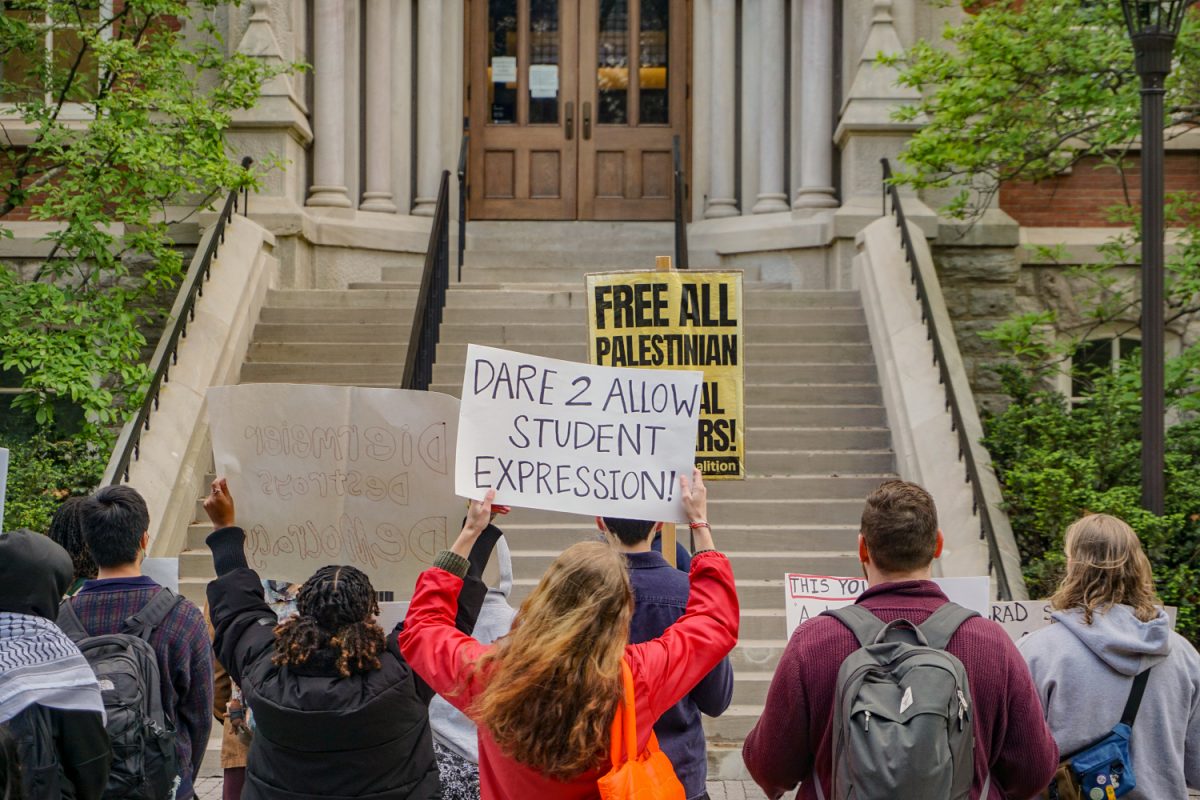
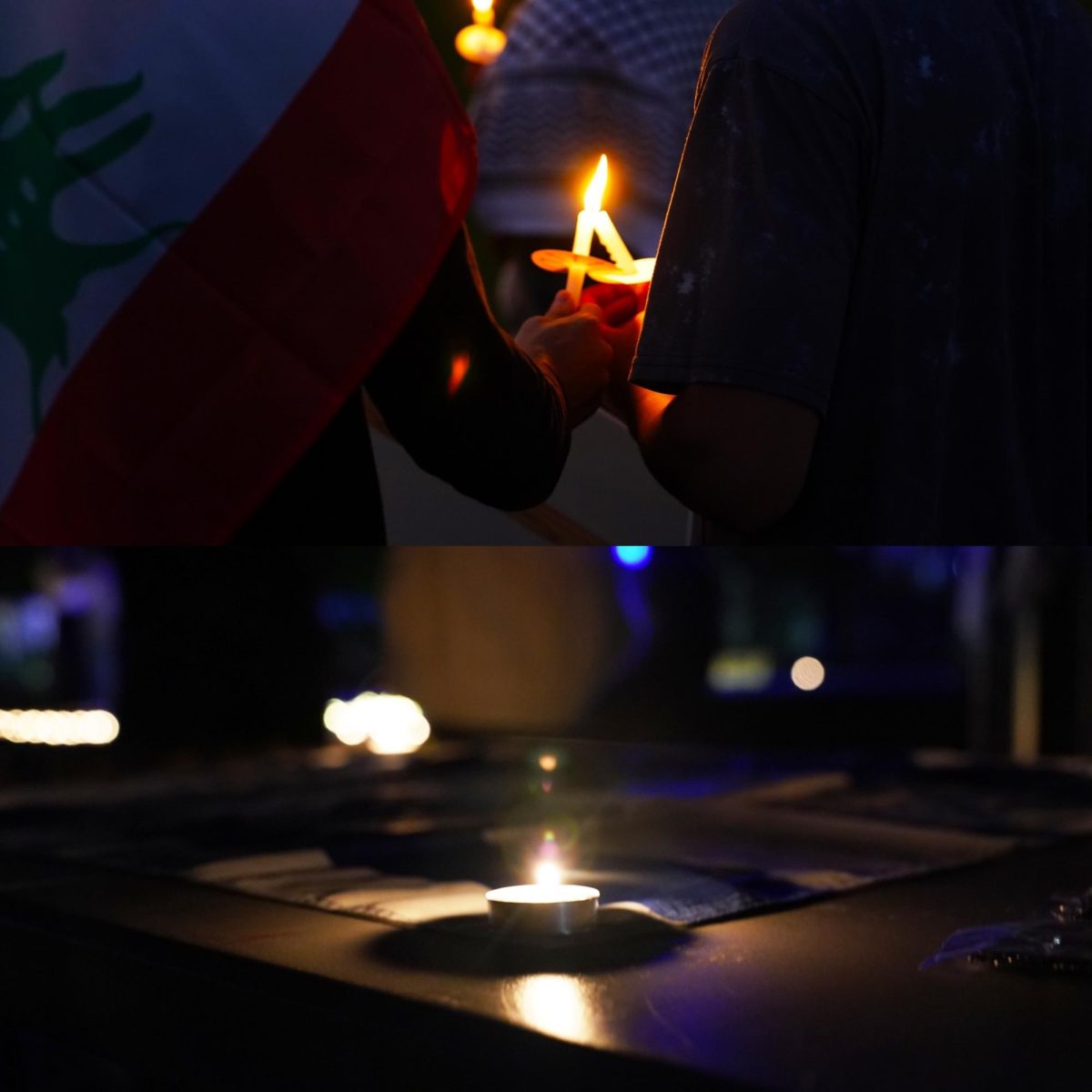
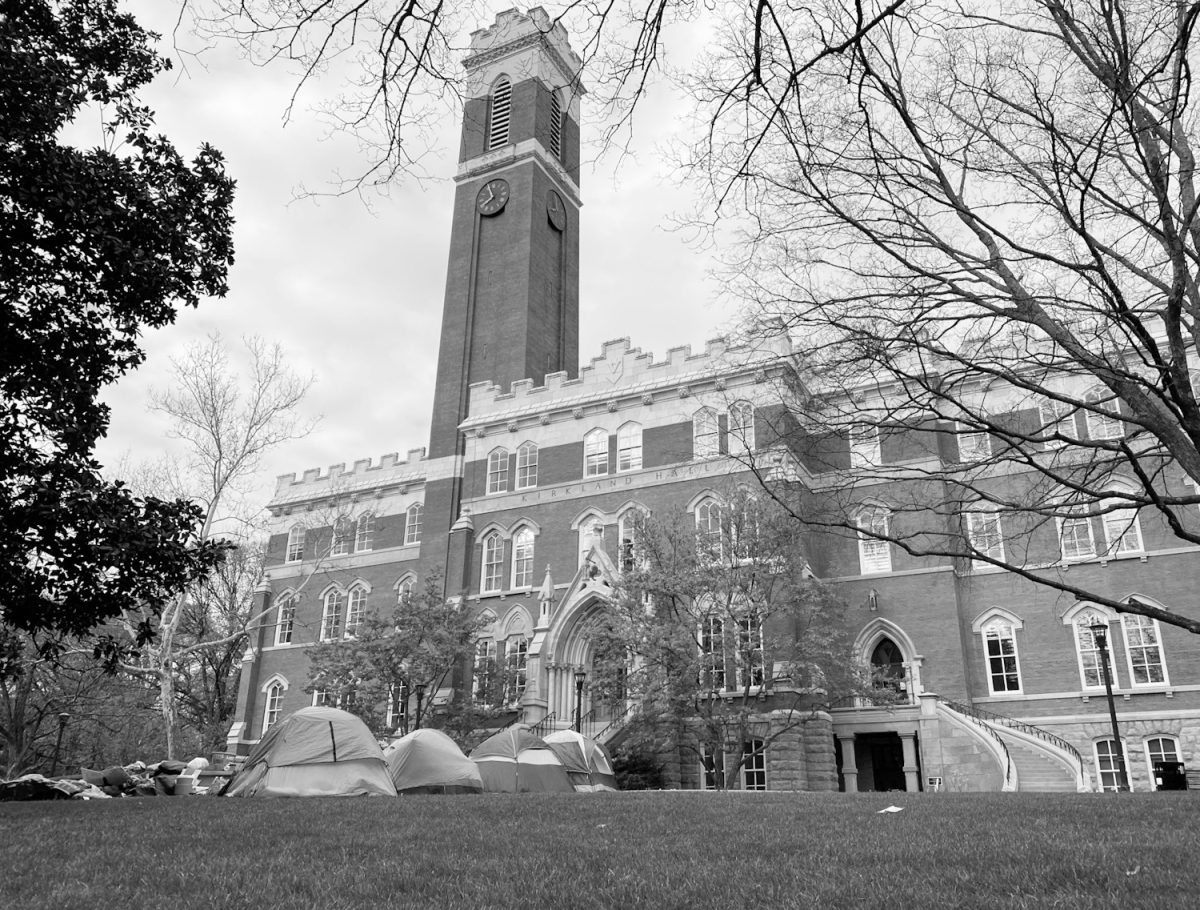
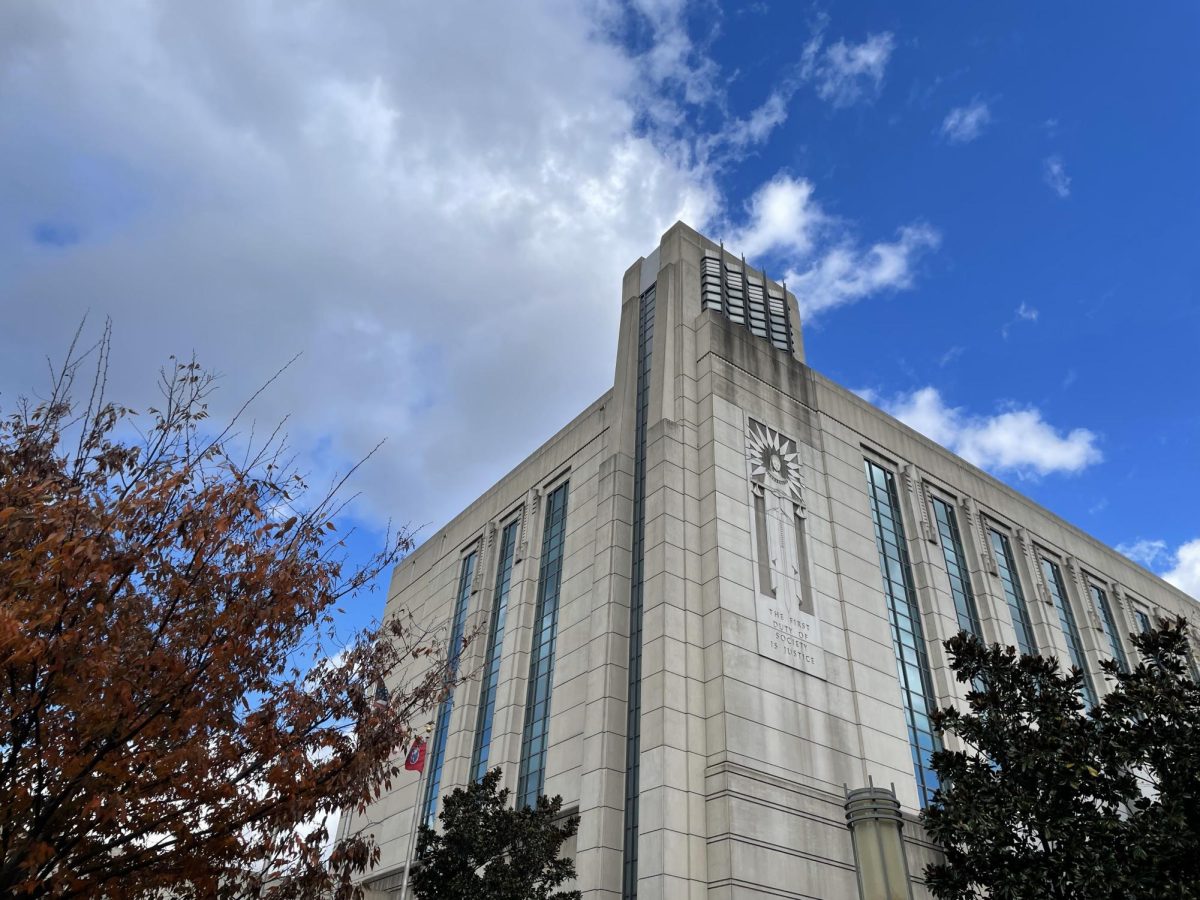
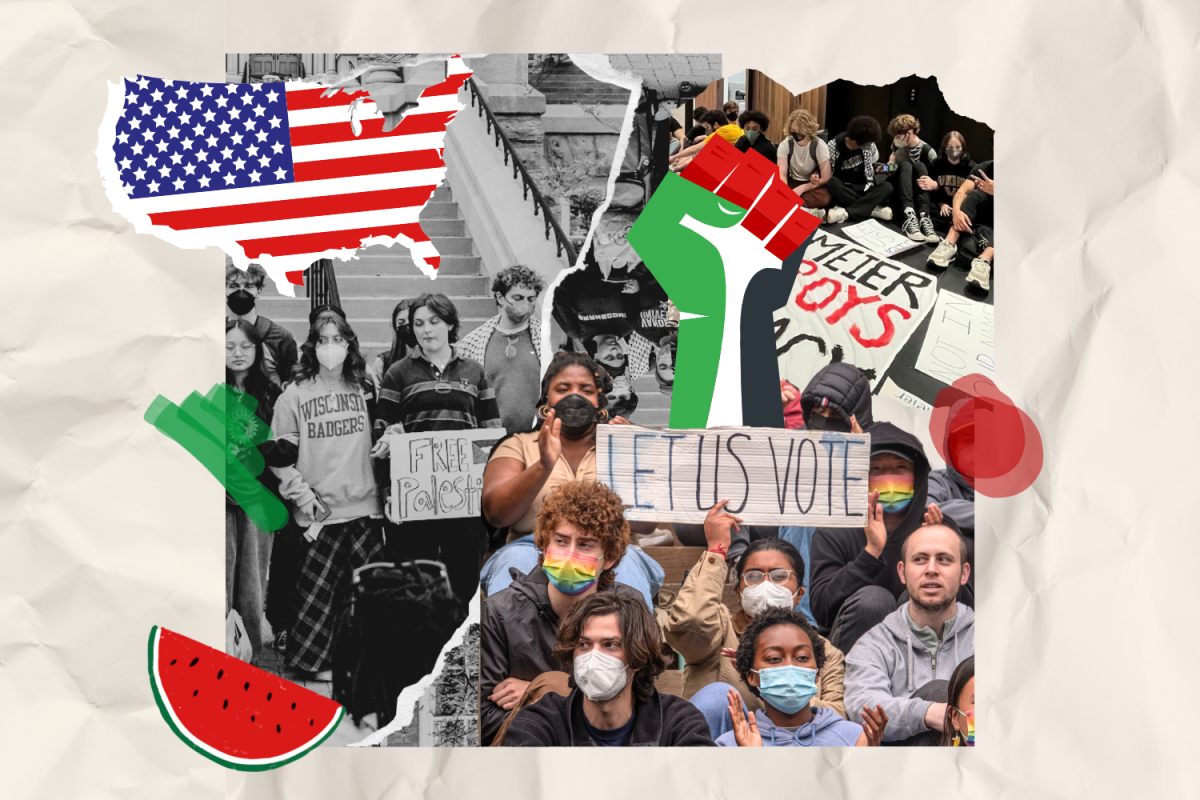
Marcos Guidanro • Mar 28, 2024 at 8:41 pm CDT
The palestiains – through heir leaders have pretty much alienated the Arab World.
Jordan- nearly 25,000 died when the PLO tried to over throw the government of Jordan
Kuwait and Saudi Arabia – expelled over 350,000 Palestinians after Arafat’s support of Saddam’s invasion of Kuwait – not to be readmitted
Lebanon – It was the PLO’s activities after they arrived in that country that resulted in a war with Israel and a civil war that resulted in Syria’s intervention
Then there is the Palestinians current open support of Russia’s invasion of Ukraine
The Palestinians have been provided with an autonomous territory in which they make the rules and determine the policies and living conditions, and the Arab world sees the opportunity to build a civil society – even with billions in foreign aid – squandered.
Arab nations resent that they are expected to subordinate their own national interests to the Palestinian narrative/cause. And as you can see The Gulf States, Sudan, Morocco, Jordan, Egypt have moved on. The Palestinian response, after these nation loyally supported them for years is to call them trators.
Jonathan Affleck • Mar 25, 2024 at 8:45 am CDT
Perpetration of genocide, conspiracy in genocide, incitement of genocide, and materially support of genocide are all US federal crimes that create civil liability. There is no middle ground on genocide. Vanderbilt must decide whether it wants to incur civil and criminal liability or culpability for incorporation of genocide supports in the Vanderbilt community.
A Summary of the White States’ Betrayal of the International Anti-Genocide Legal Regime in the Context of Palestine
Today the State of Israel is perpetrating actus rei (criminal acts) of genocide with mens rea (criminal mentality) of genocide and with dolus specialis (specific malicious strategy) of genocide. Zionist leaders have been crystal clear about their goal since the invention of Zionism in 1881, and the Zionist movement has extensively and intricately developed dolus specialis of physical destruction of the Palestinian group since 1881.
Zionist leader Vladimir Dubnow, wrote in October 1882: “The ultimate goal … is, in time, to take over the Land of Israel and to restore to the Jews the political independence they have been deprived of for these two thousand years… The Jews will yet arise and, arms in hand (if need be), declare that they are the masters of their ancient homeland.”
In January 1919 at the Paris Peace Conference, Weizmann “The Zionist objective was gradually to make Palestine as Jewish as England was English.” This goal is predicated on destruction of Palestinian group (genocide). In 1919, genocide was a sovereign right. Count Three of the Indictment of the 1946 Nuremberg International Tribunal provides the first international legal definition of the crime of genocide.
The 1946 Nuremberg International Tribunal convicted Julius Streicher of genocide incitement
The Nuremberg International Tribunal had concluded
The 1946 Nuremberg International Tribunal ended on Oct 1, 1946, and Streicher was hanged on Oct 16, 1946.
At this point in time, this precedent of customary international law made genocide into a defined crime during wartime.
[I question whether customary international law of genocide requires dolus specialis. Lemkin, who wrote Count Three was familiar with common law doctrines. These doctrines determine liability by categorizing the type of malice accompanying any given criminal action between:
Lemkin seems to have meant that genocide should be a crime of express malice and did not ever intend that dolus specialis should be a requirement. Dolus specialis is nowhere mentioned in the Genocide Convention.]
On Dec 11, 1946 the United Nations General Assembly (UNGA) unanimously banned genocide either in wartime or in peacetime by means of A/RES/96. (See first image below.) Because the UNGA vote was unanimous, no United Nations Security Counsel (UNSC) resolution was necessary